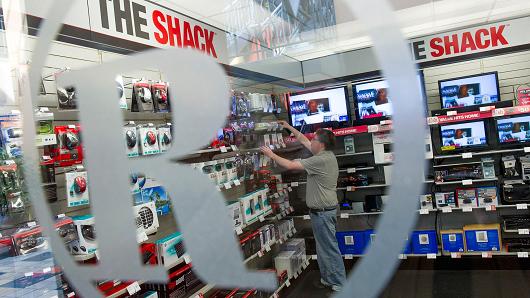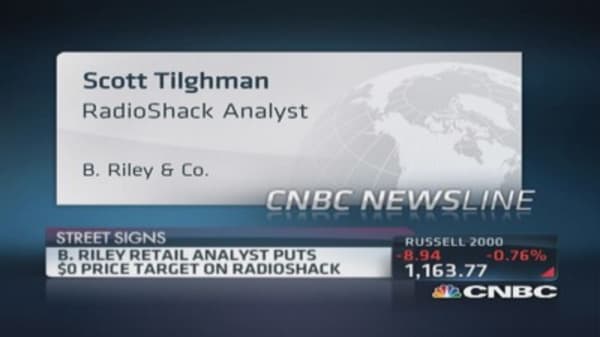The horrible results from RadioShack's latest earnings highlight the situation faced by electronic retailers in the brick-and-mortar space.
Margin compression is coming and stocks are being priced accordingly. Granted, RadioShack stock is currently only trading around $1.30 a share, but it can get worse. The same holds true for larger scale retailers such as Best Buy. The stock readjustment we have seen is just beginning.
Investors are betting that these stocks are becoming value opportunities. But the problem facing investors is determining whether this is a value stock — or a value trap. And when trends are moving so rapidly against brick-and-mortar electronic retailers, I just don't see how it can be a name that makes sense unless you are playing a major contrarian view.




